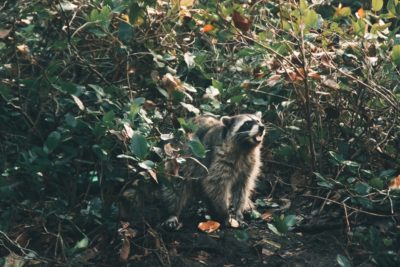World Rabies Day 2019

World Rabies Day 2019
World Rabies Day 2019 is September 28. Approximately 59,000 humans die of rabies every year with most cases occurring in poor, rural areas of Asia and Africa. In these countries, dogs are the chief source of human rabies infections through dog bites. World Rabies Day highlights this world-wide disease and seeks to educate the public about rabies prevention strategies.
However, rabies is not just some obscure, developing world problem. Here in the United States, approximately 55,000 Americans get “rabies shots” because they have been exposed to rabies through contact with a rabid dog, farm animal, raccoon or other creature. If left untreated, rabies is a fatal disease and physicians will take no chances following exposure to a potentially rabid animal.
Rabies is a One Health Disease
Because of the interplay between humans, animals and the environment, rabies is a classic One Health disease. Popular culture has often dramatized the link between humans, animals and the rabies virus in film and literature, such as Stephen King’s thriller “Cujo.” But the link between rabies and the environment is less obvious. In the 1950’s, most human cases of rabies in the United States resulted from exposure to rabid dogs, and vaccination programs largely eliminated rabies from dogs here in the US. As the human population has changed from rural to urban and as the population continues to expand the interface between rabid wildlife and humans has also grown. Today, most human rabies cases in the US come from exposure to rabid wildlife, specifically bats.
Pets and Wild Animals
In an urban area like New York City, you would think exposure to wild animals would be uncommon. But rabies exposure is a persistent threat to the pets of New York City. Several years ago, one of my canine patients tangled with a potentially rabid Central Park racoon. And just recently, I got a call from a distressed dog owner – somehow, her dog had captured a bat. Like the dog who tussled with the racoon, the immediate concern for this bat-capturing dog was rabies. The remains of the bat were sent to the health department for testing. In New York City, the protocol for pets potentially exposed to rabies is to immediately vaccinate them against rabies as a method of increasing their immunity against the disease. The good news was the bat was not rabid and all is well, but these two experiences illustrate the potential risk we all have for exposure to a rabid animal.
If you are interested in the One Health approach to medicine, the Animal Medical Center is hosting two events to mark One Health Day 2019 – one for veterinarians and physicians and one for the general public.






























